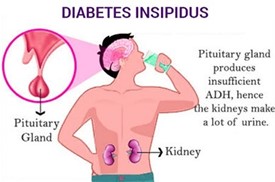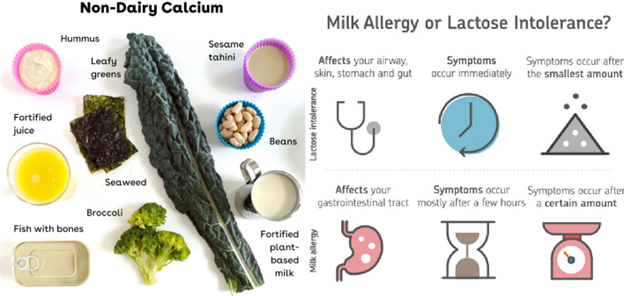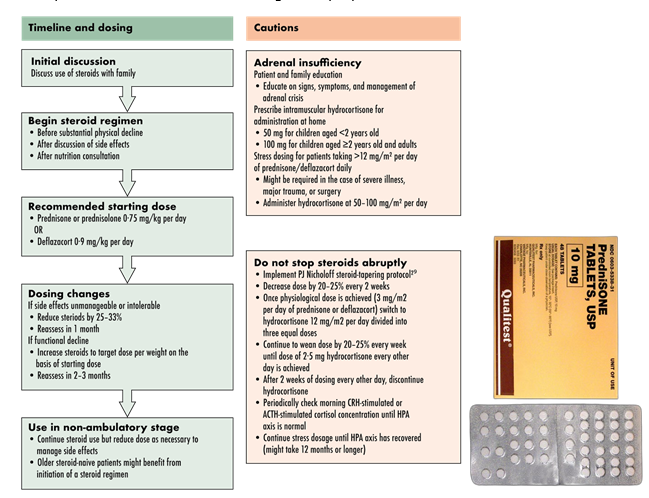Which of the information below obtained when caring for a patient who has been admited for evaluation of diabetes insipidus will be of greatest concern to the nurse?
The patient has a urine output of 800 ml/hr.
The patient is confused and lethargic.
The patient's urine specific gravity is 1.003.
The patient had a recent head injury.
The Correct Answer is B
Diabetes insipidus is a condition where the body is not able to regulate water balance properly, leading to excessive urine output and dehydration. The patient's urine output of 800 ml/hr (option A) and low urine specific gravity of 1.003 (option C) is consistent with diabetes insipidus and requires monitoring, but they are not as immediately concerning as the patient's confusion and lethargy.
Confusion and lethargy may indicate severe dehydration, electrolyte imbalances, or even brain swelling (if the patient had a recent head injury, as mentioned in option D). These symptoms require immediate attention to prevent further complications and ensure the patient's safety.

Nursing Test Bank
Naxlex Comprehensive Predictor Exams
Related Questions
Correct Answer is B
Explanation
Sudden discontinuation of prednisone can result in adrenal insufficiency and can lead to life-threatening complications. The nurse should also instruct the patient to report any symptoms of an infection, such as fever, to the doctor promptly, as prednisone can mask signs of an infection.
Monitoring for mood alterations and daily weight measurement are also important aspects of care, but they are not as crucial as the need to gradually taper off the medication.
Correct Answer is A
Explanation
Broccoli and kale are good sources of calcium, and by adding them to their diet, the client can increase their calcium intake without consuming milk. It is important to note that some calcium supplements may irritate the stomach but stopping them altogether is not advisable without consulting a healthcare provider. Vitamin D is not a milk product, and it is essential for calcium absorption. Avoiding foods with vitamin D can worsen the low calcium levels. Cheese is a milk product and may not be suitable for someone with a milk allergy.

Whether you are a student looking to ace your exams or a practicing nurse seeking to enhance your expertise , our nursing education contents will empower you with the confidence and competence to make a difference in the lives of patients and become a respected leader in the healthcare field.
Visit Naxlex, invest in your future and unlock endless possibilities with our unparalleled nursing education contents today
Report Wrong Answer on the Current Question
Do you disagree with the answer? If yes, what is your expected answer? Explain.
Kindly be descriptive with the issue you are facing.

